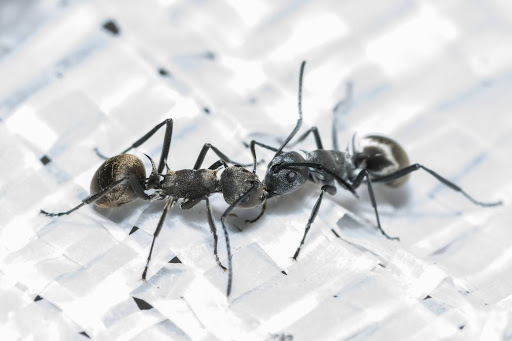Imagine this scenario – you’ve just baked a batch of cookies. The smell of chocolate and brown sugar fills the air. You can’t wait to take a bite. But first, you need to let the cookies cool, so you leave them on the counter and walk away.
Before you know it, a tiny army of sugar ants has formed a line from your countertop to the floor. Your cookies are ruined, and even worse, it seems you now have an infestation on your hands.
Frustrating, right? But before you reach for that can of chemical-laden spray, let’s explore some natural remedies that can effectively manage these pesky intruders.
Ants have been around for over 140 million years – much longer than humans! And while they play an essential role in the ecosystem as pollinators and soil aerators, they’re not exactly welcome in your kitchen (or anywhere else in your home, for that matter). The good news is, you don’t need to resort to harsh chemicals to keep them at bay.
Natural treatments offer a safe and eco-friendly way to deal with sugar ants, especially if you’re looking to minimize chemical exposure in your home.
From common household ingredients like vinegar and lemon juice to essential oils, there’s a variety of options to explore. However, while these solutions can be effective short-term, professional pest services are often the best way to ensure long-term relief from infestations. You’ll learn why in this post.
What Are Sugar Ants and Why Are They a Problem?
Sugar ants, scientifically known as members of the Formicidae family, are tiny, often black or brown ants that are particularly attracted to sweet substances. These ants are commonly found in households and are notorious for their ability to quickly locate and capitalize on any sugary spills or uncovered food in kitchens and pantries.
Although they get their name from their obsession with sweet food sources, they aren’t picky – they’ll gladly consume fat and protein if sugar is not readily available.
Sugar ants are problematic for more than just the “ick” factor. For starters, they can contaminate food and cooking surfaces, potentially leading to hygiene concerns. A visible ant trail often indicates a larger colony hidden nearby, which can grow rapidly and become increasingly difficult to eliminate.
Finally, and perhaps most obviously, these ants can be an unsightly nuisance, reducing the comfort and aesthetic of a space.
So what should you do, especially if you don’t want to wage war with potentially toxic chemicals? Here are some tips.
1. Vinegar and Water Solution
One of the simplest and most effective natural remedies for sugar ants is a vinegar and water solution. Ants rely heavily on their sense of smell to forage for food, and vinegar disrupts their scent trails.
To use it, mix equal parts of water and white vinegar in a spray bottle. Spray the mixture directly onto ants and along their trails. For best results, use this solution as a cleaning agent for surfaces where ants are frequently seen.
While vinegar can kill ants on contact and deter them temporarily, it may not eliminate the entire colony. It’s a good first step, but you’ll need to reapply regularly.
2. Lemon Juice
Similar to vinegar, lemon juice can interfere with the scent trails sugar ants leave behind. Plus, its strong citrus smell is unpleasant to ants.
To give it a try, just squeeze fresh lemon juice into a spray bottle and mix it with an equal amount of water. Apply it to entry points, windowsills, and other areas where ants are active.
Lemon juice is an excellent deterrent but not a long-term solution. It works best when combined with other methods.
3. Essential Oils
Essential oils like peppermint, tea tree, and eucalyptus smell wonderful to us, but ants? Not so much. In fact, they work as a phenomenal natural treatment for sugar ants.
If you’re ready to give them a try, just add 10-20 drops of essential oil to a cup of water and spray the mixture around the affected areas. You can also soak a cotton ball in the solution and place it in strategic locations.
Essential oils can be quite effective in deterring sugar ants due to their potency, but you’ll need to reapply them often to see long-term results. Also, some essential oils can be toxic to pets, so be mindful of where you’re using them in your home if you have any furry companions wandering around.
4. Diatomaceous Earth
Serving as a more long-term natural remedy, diatomaceous earth is composed of fossilized aquatic organisms and is safe for humans and pets.
Just sprinkle a fine layer along ant trails, entry points, and potential nesting areas. The powder is abrasive to ants and will dehydrate them on contact.
Diatomaceous earth is effective in killing ants over time and can be used as part of a broader pest control strategy. Again, you may need to reapply often, especially if the contact surface becomes wet (diatomaceous earth loses its effectiveness when it’s moist).
5. Borax and Sugar Trap
This classic remedy makes use of borax’s chemical properties to poison the ants slowly, allowing them to carry it back to the colony.
To use it, mix one part borax with three parts sugar and add a little water to create a paste. Place this mixture in shallow containers along ant trails.
The borax will ultimately eliminate the entire colony but requires patience, as it takes time for the poison to spread.
6. Baking Soda and Powdered Sugar
Another pantry staple mixture involves baking soda, which disrupts an ant’s digestive system.
Combine equal parts baking soda and powdered sugar, and distribute it in small amounts near ant entry points.
Though this method is moderately effective for small infestations, it’s unlikely to address larger colonies that have already sunk their teeth into your home.
A Long-Term Natural Treatment for Sugar Ants
While natural treatments for sugar ants can be an excellent first line of defense, they require a great deal of persistence and regular application. They tend to be best for minor infestations or as preventative measures. If sugar ants continue to march right on through your home, it might be time to call in the professionals.
Natura Pest Control in the Vancouver-Portland Metro area offers comprehensive pest management solutions tailored to your needs. Our experts understand the biology and behavior of local pests, and we make sure our methods are both effective and environmentally responsible.
Contact Natura Pest Control today to discover how we can help keep your home pest-free. Because when it comes to combating sugar ants, sometimes it takes more than just natural remedies to win the battle.



